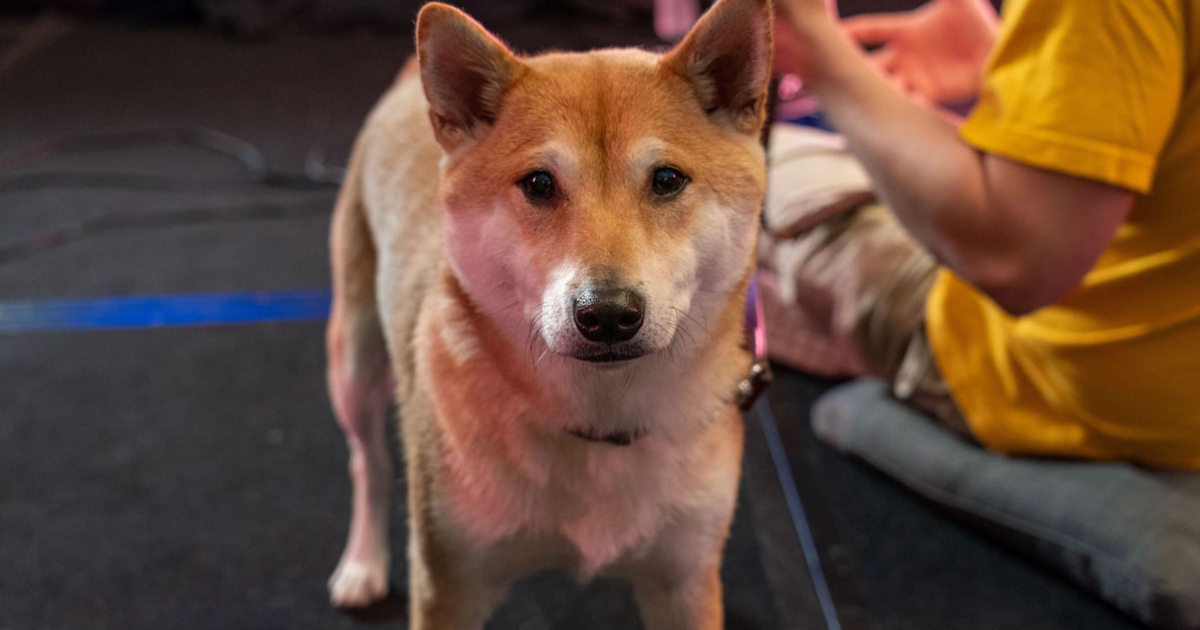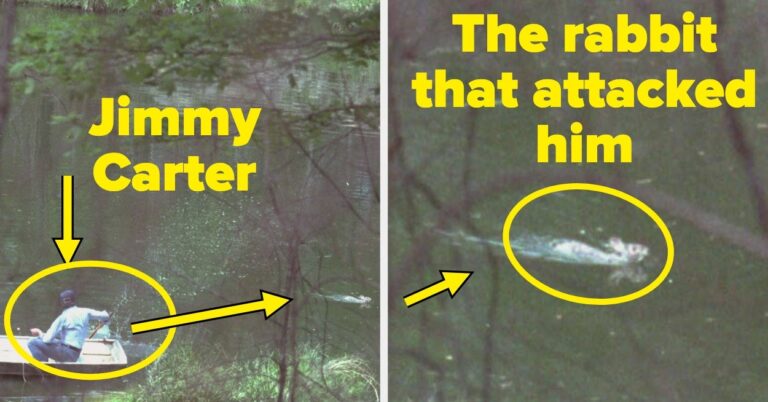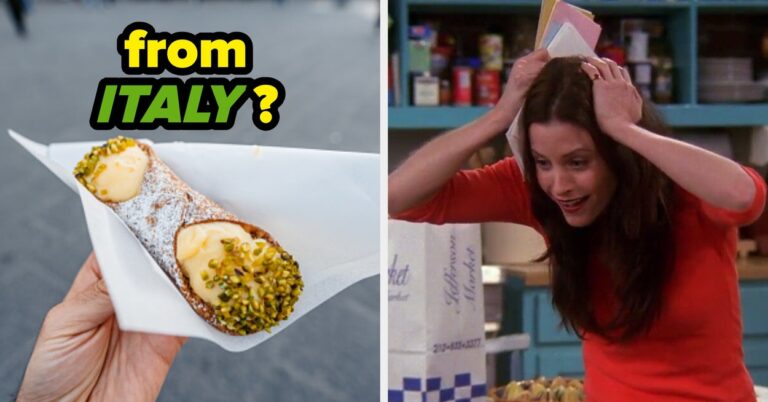97 Fascinating Historical Photos That Might Change Your Perspective On Pets
You’ve probably heard of Balto, the sled dog famous for completing the last leg of the 1925 serum run to Nome, Alaska.
However, there’s another dog from that run who’s only recently been recognized for his heroism.
Togo, who was very ill as a puppy and initially considered unfit for sledding, was given away as a pet. Defying expectations, Togo jumped through a closed window to rejoin his sled-dog siblings, impressing the renowned musher Leonhard Seppala.
Despite being a troublemaker and only 48 pounds, Togo eventually won Seppala over. Before a significant trip, Seppala confined Togo with orders not to release him until the team had departed. Togo escaped and caught up with the team overnight, surprising Seppala the next day. Seppala then harnessed Togo, who immediately excelled, covering 75 miles on his first official day—a remarkable feat for an inexperienced sled dog.
In 1925, a diphtheria outbreak threatened over 10,000 people in the area, particularly children. The only viable medicine was in Anchorage, 1,000 miles away, and with aircraft engines frozen and the nearest rail line 674 miles away, sled dogs were the only solution.
Seppala’s team, led by the 12-year-old Togo, undertook the most perilous leg—a shortcut across Norton Sound—during a blizzard and through the dark. In just 5 ½ days, the serum reached Nome.
Togo and Seppala covered an astounding 264 miles, while other teams averaged only 31. In 2011, Time named Togo the most heroic animal ever, and in 2022, a statue of Togo was unveiled in Maine, where he spent his final years. Disney released a film about Togo in 2019, featuring Willem Dafoe as Seppala and Togo portrayed by Diesel, a direct descendant of Togo.
Seppala aptly summed up the story: “I thought of the ice and the darkness and the terrible wind and the irony that men could build planes and ships. But when Nome needed life in little packages of serum, it took the dogs to bring it through.” We honor Togo with our Hughes.






